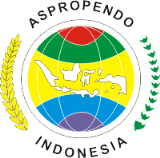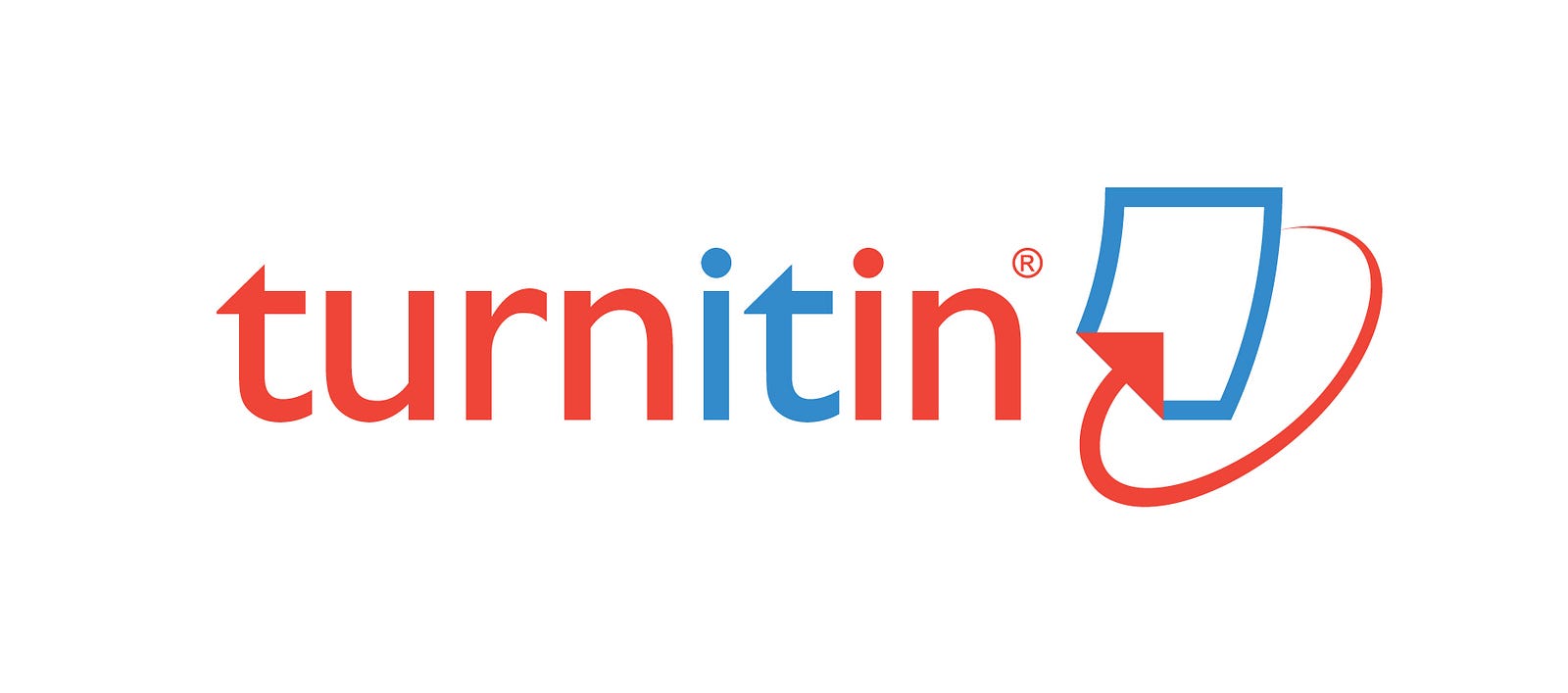STRATEGI BERTAHAN MASYARAKAT DENPASAR PADA MASA PANDEMI COVID- 19 (STUDI PADA PENERIMA PROGRAM STIMULUS PIP2)
Abstract
The pandemic has an impact on the economic decline of the people in Bali, especially in Denpasar, which is the provincial capital. The government has taken various ways to help people survive in difficult times. This study aims to analyze and describe the resilience strategy of the Denpasar City community during the COVID-19 pandemic by observing the recipients of the PIP2 (Pandemic Incubation Program) stimulus program. Collecting research data using a questionnaire method (Google Form), interviews with respondents (either directly or indirectly/WhatsApp), and documentation. The data were analyzed descriptively qualitatively using a cultural studies approach. In this study, it was found that the stimulus program provided by the Denpasar City Government was welcomed by people who had a Denpasar ID card by submitting a proposal for submitting funds by showing the business being developed. Capital in the form of cash received can be used to expand their business even though only a few participants are able to survive until the program ends. In addition to continuing to innovate products through direct or by WhatsApp discussions with a business incubator as a companion, participants who received the PIP2 stimulus program also used social media to sell products.
Keywords: Community, Denpasar, Program, Resilience, Stimulus, Strategy
Full Text:
PDF (Bahasa Indonesia)References
Abiddin, M. Z., Mas’udin, I., & Utama, D. M. (2017). Pemilihan strategi pemasaran dengan metode SWOT dan TOPSIS. Jurnal Teknik Industri, 18(1), 55. https://doi.org/10.22219/jtiumm.vol18.no1.55-67
Adi, I. R. (2008). Intervensi komunitas & pengembangan masyarakat sebagai upaya pemberdayaan masyarakat. PT Rajawali Press.
Barker, C. (2005). Cultural studies: Teori dan praktik (Terjemahan).
Bismala, L., Andriany, D., & Siregar, G. (2019). Model pendampingan inkubator bisnis terhadap Usaha Kecil dan Menengah (UKM) di Kota Medan. PUSKIBII (Pusat Kewirausahaan, Inovasi Dan Inkubator Bisnis ), 1(1), 1–7.
Howkins, J. (2013). The creative economy: How people make money from ideas. Penguin Group.
Kotler, P. (2002). Manajemen pemasaran edisi milenium. (Milenium). PT. Prenhallindo.
Lestari, S. (2012). Psikologi keluarga penanaman nilai dan penanganan konflik dalam keluarga. Kencana Perdana Media Grup.
Marshall, M. N. (1996). The key informant technique. Family Practice, 13(1), 92–97. https://doi.org/10.1093/fampra/13.1.92
Muslim, M. (2020). Moh . Muslim: “PHK pada masa Pandemi Covid-19” 358. ESENSI: Jurnal Manajemen Bisnis, 23(3), 357–370. https://www.worldometers.info/coronavirus
Mustafa, A. A., & Surono, A. (2008). Transformasi sosial masyarakat marginal: mengukuhkan eksistensi pedagang kaki lima dalam pusaran modernitas. Institute for Supporting Programe Institution and Research Development (Inspire): Institute for Strengthening Transition Society Studies (In-Trans).
Peter, G. S. (2020). Peter garlans 2697-Article Text-5957-1-10-20200925 (3). Journal OF MANAGEMENT (SME’s), 12(2), 239–244.
Salomon, L. L. K. W., & Sukania, I. W. (2019). Peningkatan daya saing, 2(2), 41–73.
Scott, J. C. (2012). Moral ekonomi petani: Pergolakan dan subsistensi di Asia Tenggara. Basari H." Penerjemah. LP3ES. Terjemahan dari: The Moral Economiy of Peasant. Rebelion and Subsistence in Southeast Asia.
Suryawan, I. (2011). Teater GloBALIsme: Pariwisata, interkoneksi global, dan nasib manusia Bali di garis depan. Jurnal Kajian Bali, 1(1), 152–181.
Suyanto, B. (2014). Sosiologi ekonomi: Kapitalisme dan konsumsi di era masyarakat post-modernisme. Kencana.
Villarino, R. R. 2011. (2011). Konsumerisme. Septina Yuda Penerjemah. Bhuana Ilmu Populer.
Refbacks
- There are currently no refbacks.













